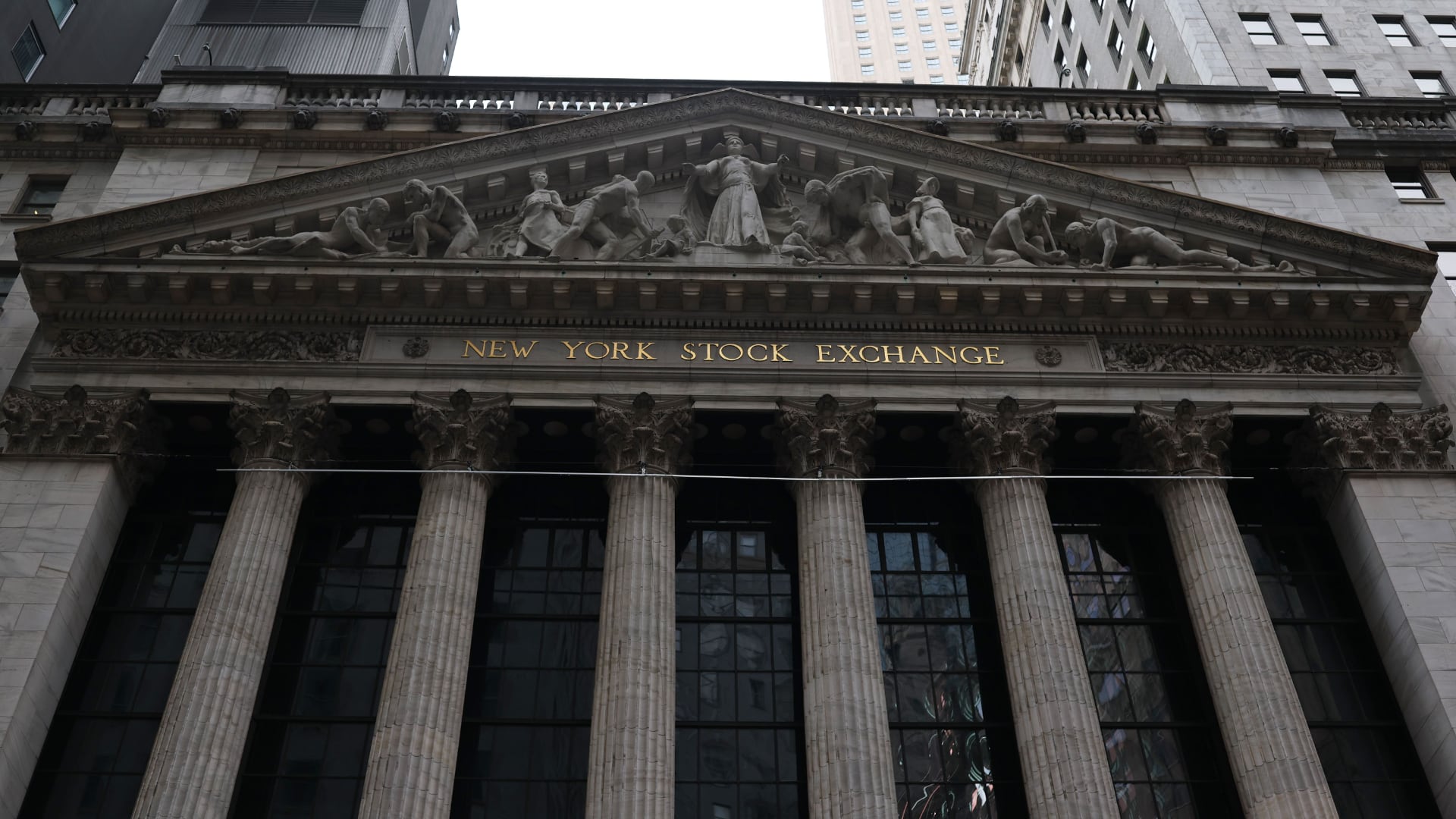Cheddar spoke with several large U.S. companies that are either closing for Election Day or offering paid time off to employees so they have the time and flexibility to vote.
For some, this is the first time they've offered this kind of benefit, while others are refining their practices after taking them for a test-run in 2016. And it is not just about getting time off to vote: some companies have also added PTO for nonpartisan poll workers.
In this Q&A series, we speak with corporate execs about their plans for Election Day and why they chose now to change the role of corporations in the voting process.
For this entry, Jamie Richardson, vice president of burger chain White Castle, talked about responsible citizenship, employee engagement, and entering their second century in business.
What is White Castle's plan for voting day? How did it come up with this particular approach?
We're going to close all of our restaurants from 7:00 a.m. to 11 a.m. and have that be paid time off for the people who would have been working. We're also going to close our manufacturing plants and home offices during that time-frame. We have 10,000 team members, so our hope is that we'll give everyone the chance to vote.
The way we came to that, if you think about 2020, there's been nothing normal about 2020, and we've been trying to think of ways as a family-owned business that we can make life a little bit easier. This is a suggestion that came from someone working in one of our restaurant regions, and as we thought about it, it just felt like a great way to start a new tradition.
How does this compare with White Castle's policies in past elections?
We've always encouraged people to vote. We just think that's a right of responsible citizenship, but we'd never in the past thought to actually provide the time off. As we're gearing up for our 100th year, we want to make sure we're racing across the finish line, versus kind of limping along. I think we're challenging ourselves to think about things a little bit differently.
What has changed in recent years to inspire the change of course?
The big thing for us is that this year's had so much uncertainty, in terms of dealing with the pandemic and the stress and pressure that creates. It's made us more mindful, and I guess being family-owned might be part of that. We really care about engagement and how our team members are doing and wanting to make life easier for them. Anything we can do that lessens stress or pressure, even if it's just four hours paid time off, that makes a difference.
Do you have any sense of how much this limited closure will cost the company?
We do, and it's significant. I can't share specifics, but at the end of the day, we take the long view. Putting people first has always been our number one priority. In this instance, we're able to do that with a clear conscience and understand that it's a business decision. We'll lose some money, but hopefully, gain some appreciation from our team members for making their lives a little bit easier. It's an investment. I wouldn't even call it a cost.
Does White Castle expect to change its policies for future elections?
This our 25th presidential election. Moving forward, every presidential election in the future we'll plan to do the same thing.
What role can the government play in helping companies change their policies to make voting easier for employees?
I don't know if it requires a government policy as much as just a thoughtful approach in terms of what responsible citizenship looks like in 2020 and beyond. I think it's constantly evolving. Every organization is going to have to think through that on their own to understand how they can meet peoples' needs the best way. For us, this was an easy decision once we thought of it. It's too bad we didn't think of it in 1924, our first presidential election. But we're really glad that we're at it now in 2020 and that it will be the norm moving forward. Sometimes it takes a little while.













